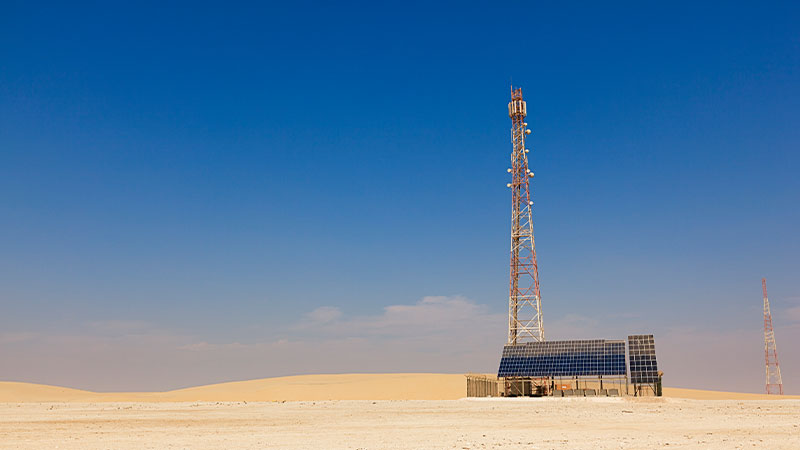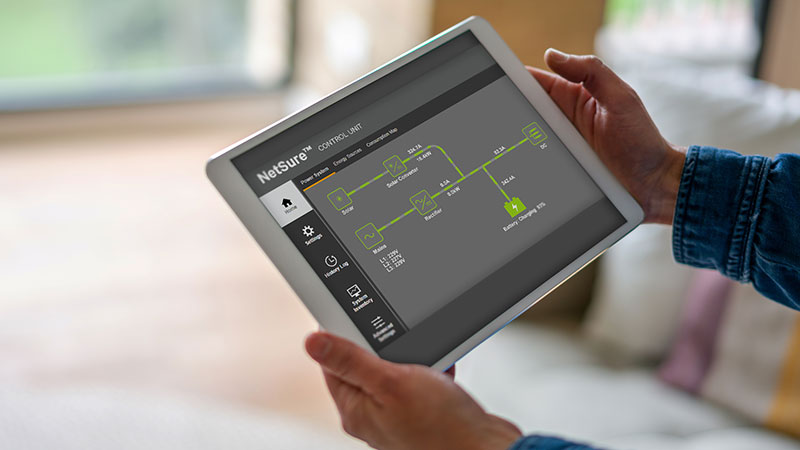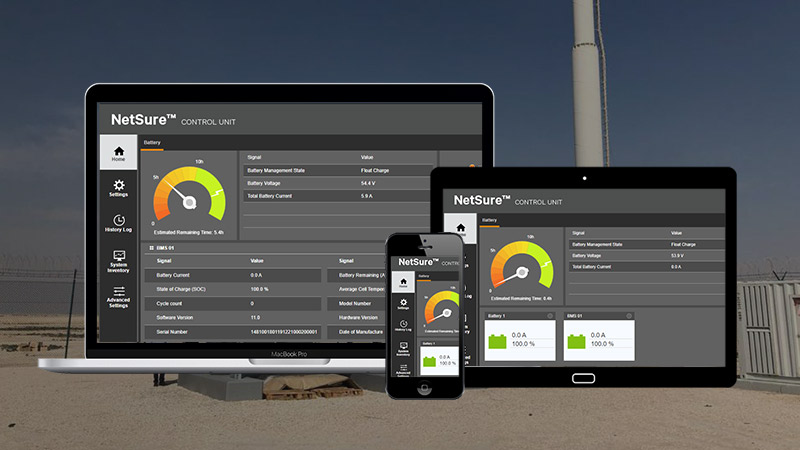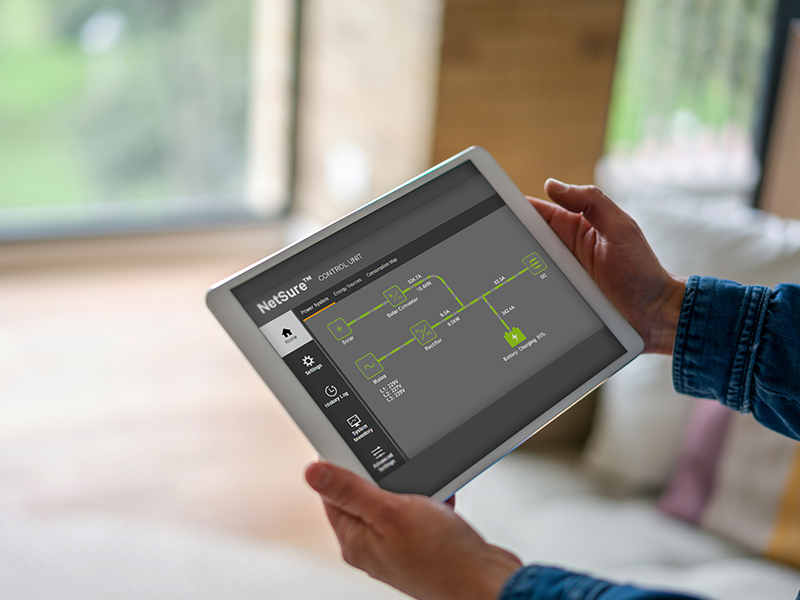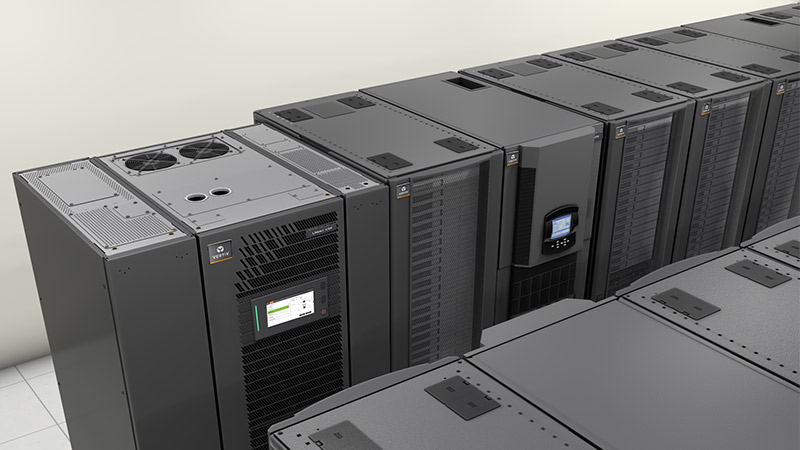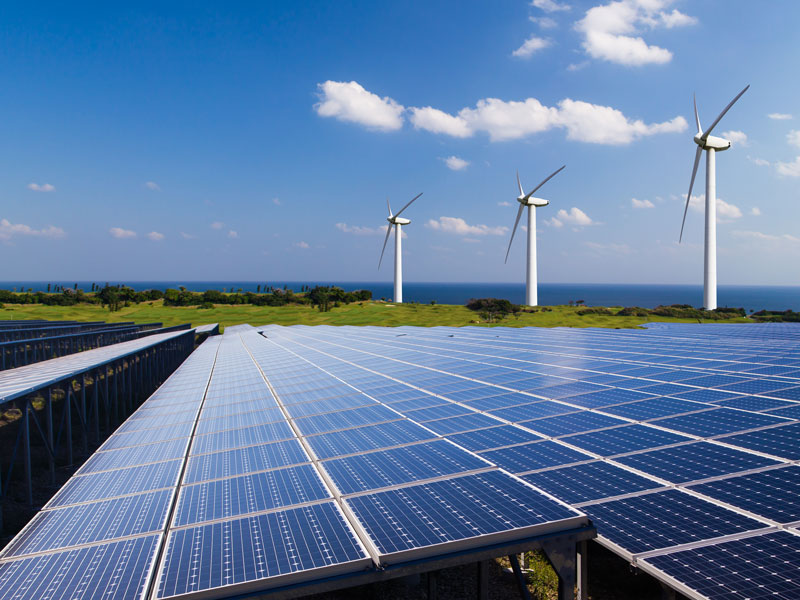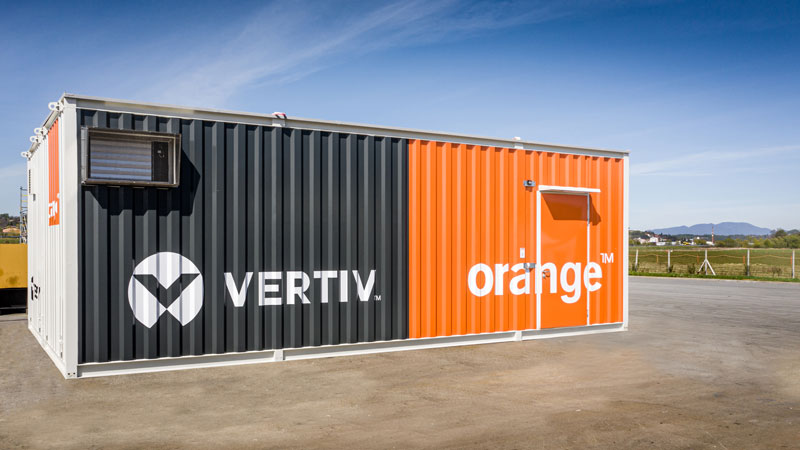The increased energy needs of 5G networks and mounting pressure to reduce energy consumption and CO2 emissions, in response to climate change, are pushing telecom operators to find innovative ways to manage their networks’ energy demands. This is encouraging for the future of the industry – and the environment – but there are underutilized tools available today that can help on both fronts.
Over the past several weeks, we’ve highlighted a few of these while discussing features of the Vertiv™ NetSure™ Control Unit (NCU), Vertiv’s advanced controller for DC power systems. We’ve covered things like peak shaving and shifting and lithium-ion battery mode that present opportunities for smarter energy management. Today, we’re focusing on ECO mode, an energy-saving mode of operation today’s network operators frequently ignore or misuse.
Let’s start with a quick primer on ECO mode. Most telecom sites operate with a load of 50% or less most of the time. The remaining available power may be needed for redundancy, peak loads or battery recharge, but it is used only a fraction of the time. ECO mode turns off the unused rectifiers to preserve energy and only activates them when the load demands it. It’s an effective way to manage energy use at a site, but risk-averse operators have been cautious. ECO mode is not a new capability, however, and it has been proven to perform reliably and as planned in thousands of deployments around the world. Early caution is understandable. At this point, a failure to embrace ECO mode is simply a missed opportunity.
Even operators who regularly use ECO mode across their networks often overlook a simple cost-saving benefit of the feature. To their credit, these efficiency-minded operators often deploy premium 98% efficiency rectifiers across their networks. While this commitment should be applauded, ECO mode can minimize this significant investment. With ECO mode, the system can be equipped with half 98% efficiency rectifiers and half lower efficiency (and lower cost) rectifiers, relying on the more efficient rectifiers most of the time and only activating the less efficient rectifiers on the infrequent occasions when the load calls for it.
The NetSure Control Unit ensures rectifiers operate at peak efficiency in virtually all conditions and does so seamlessly by continuously measuring the load and activating rectifiers appropriately. The controller also rotates the rectifiers, so they share duty cycles equally over time to extend their lifespan. Rapid load changes are handled without service degradation or interruption by the presence of the battery bank and the quick response of the rectifiers. The system will react to major load changes quickly by bringing idle rectifiers online safely in a matter of moments.
Bottom line: by running only 98% efficient rectifiers at normal operation, the NCU minimizes energy loss and CO2 emissions. And by enabling a more modest investment in high-efficiency rectifiers, the NCU reduces capital costs. Add it all up and scale across the network, and the savings are significant.
Are you using ECO mode in your network, and are you leveraging it to its fullest extent? Let us know below, and if you have questions, feel free to ask. Email Craig Ousler.



